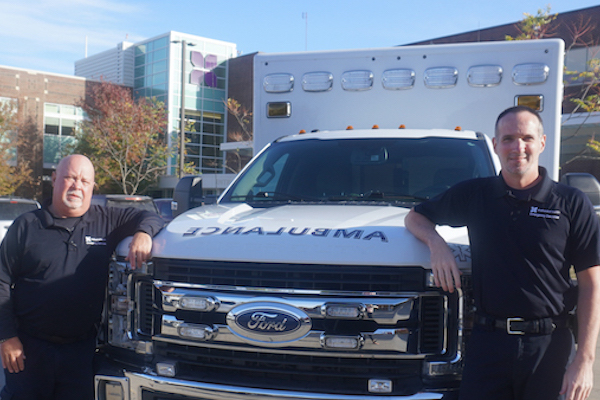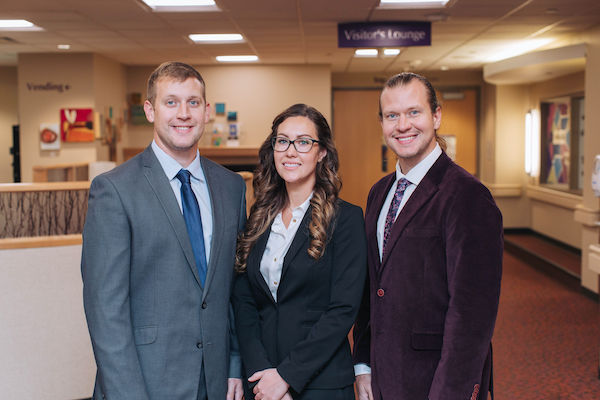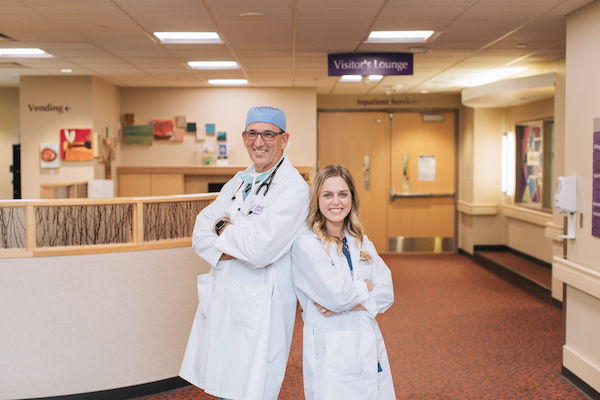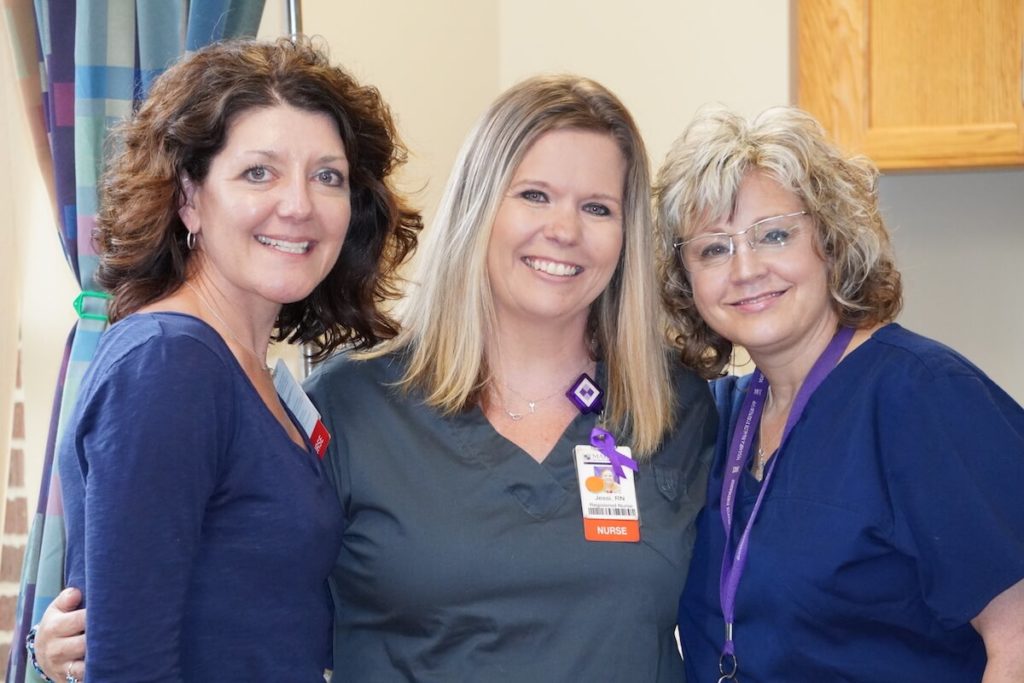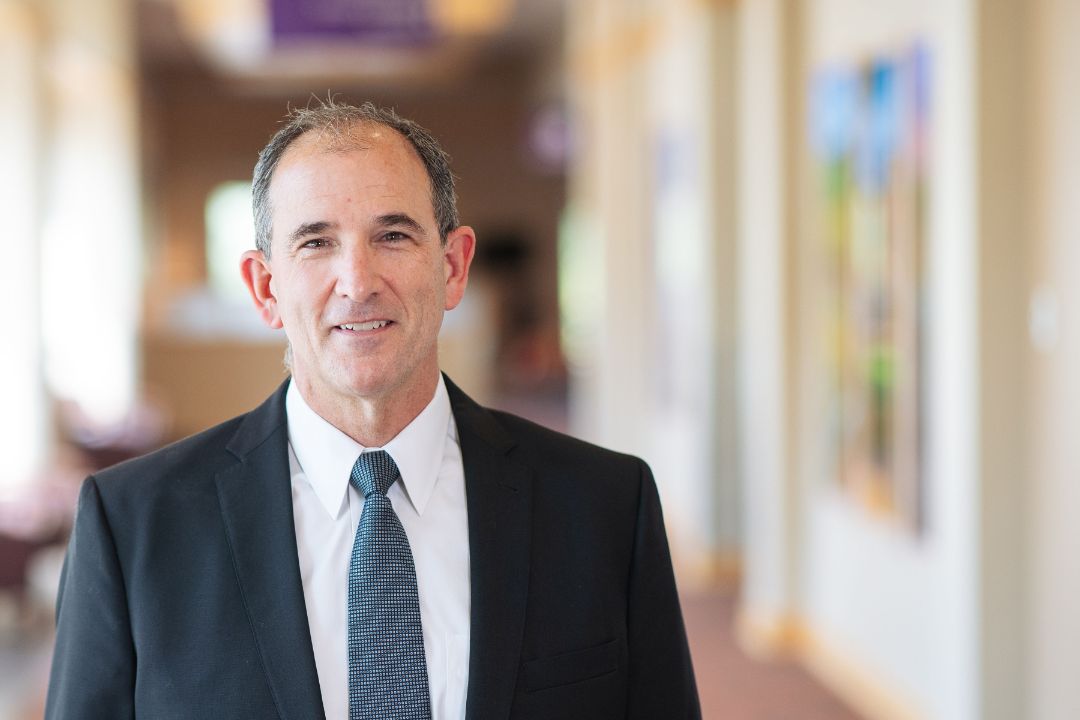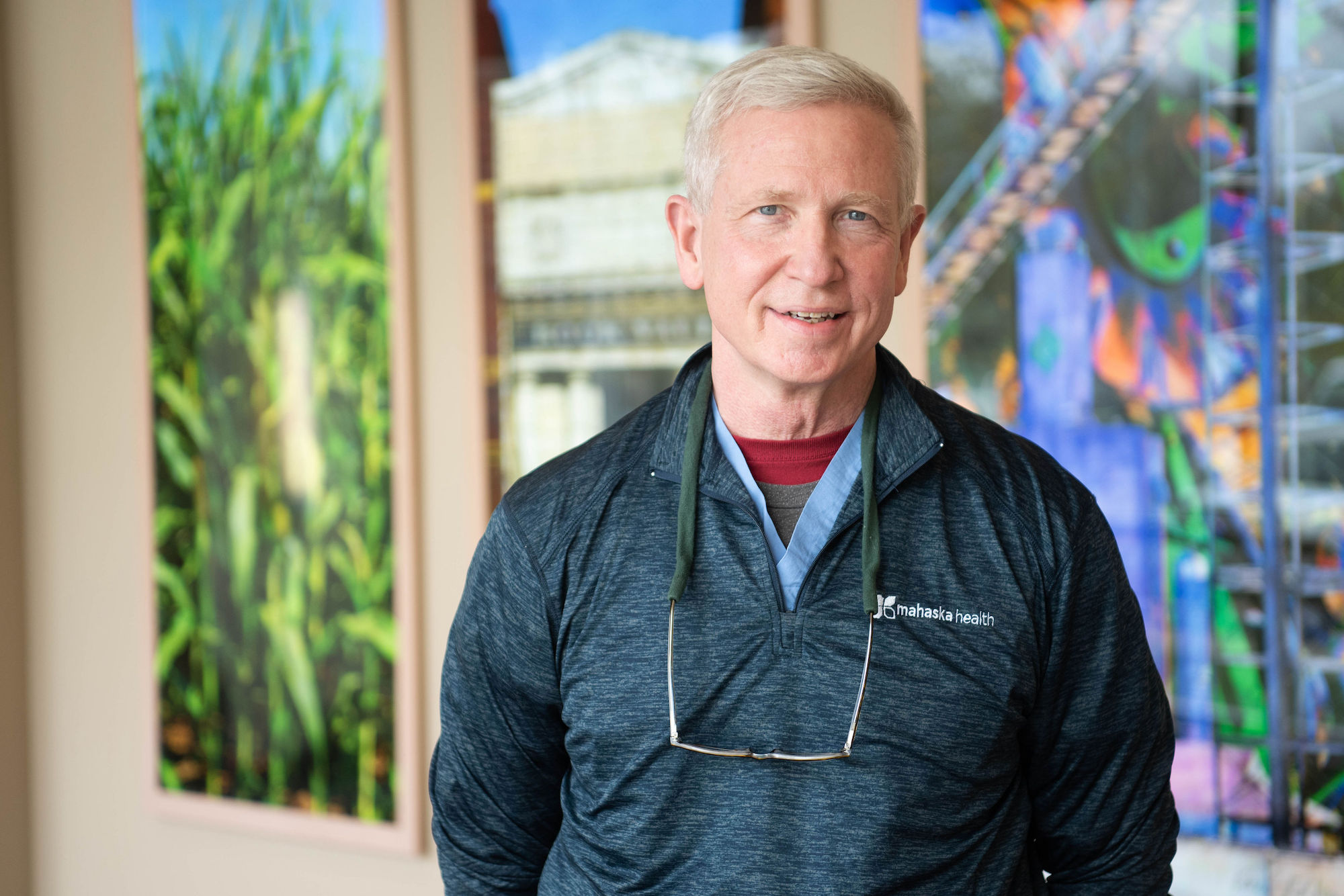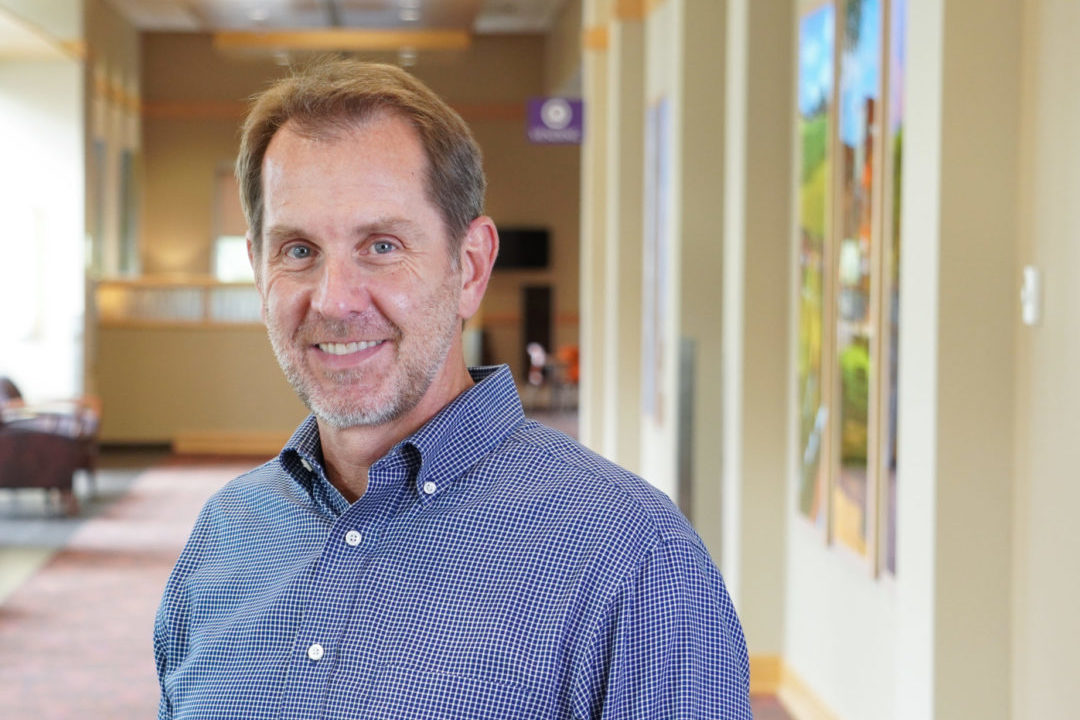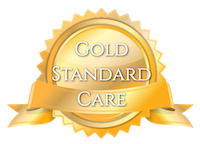Chief Medical Officer, General Surgeon
Orthopaedic Medical Director, Board-certified, Fellowship trained Orthopaedic Surgeon
Pain Management, Anesthesiology
Family Practice
Family Practice
Family Practice
Hospice Medical Director, Family Practice, Hospice
General Surgeon
Oncology, Hematology
Podiatry
Neurology Services & Sleep Services
Board-certified, Fellowship trained Orthopaedic Surgeon
Chief Medical Officer, General Surgeon
Orthopaedic Medical Director, Board-certified, Fellowship trained Orthopaedic Surgeon
Pain Management, Anesthesiology
Family Practice
Family Practice
Family Practice
Hospice Medical Director, Family Practice, Hospice
General Surgeon
Oncology, Hematology
Podiatry
Neurology Services & Sleep Services
Board-certified, Fellowship trained Orthopaedic Surgeon
NATIONALLY RECOGNIZED & ACCREDITED CARE





Mahaska Health
Joint Commission
accredited since 1975

Mahaska Health
Joint Commission
accredited since 1975
Emergency Medicine
Neurology Services & Sleep Services
Oncology, Hematology
Board-certified, Fellowship trained Orthopaedic Surgeon
Orthopaedic Specialist, Fellowship-trained
Primary Care Medical Director, Family Practice, Obstetrics

Patient Reviews
“I am so thankful for the excellent care. I do recommend others to MHP. I have always had great care. I have confidence in the nurses and doctors. I believe they saved my life. Thank you.”
“The nurses were great and very dedicated to meet every need either small or great.”
“They were all very professional, kind, and patient. They did an excellent job of explaining what was about to happen and of answering my questions. Excellent!!!”
“Everyone was so kind and helpful.”
“100% professional! I have been a nurse for 44 years and this hospital is top of the line in all areas.”
“Staff all very kind, friendly, and professional. Would and have recommended Mahaska Health Care to others. Spotless. Very clean. Treated like an individual not just one of many.”
“Whole staff was wonderful to work with everyone was professional, kind, and considerate. I would use and recommend this team.”
“Super kind and caring team.
Always top notch.”
“Above and beyond the customary care received – outstanding very personable care – gold standard!!”
“We are very thankful to have these good services and doctors at our home town hospital. Thank-you.”
